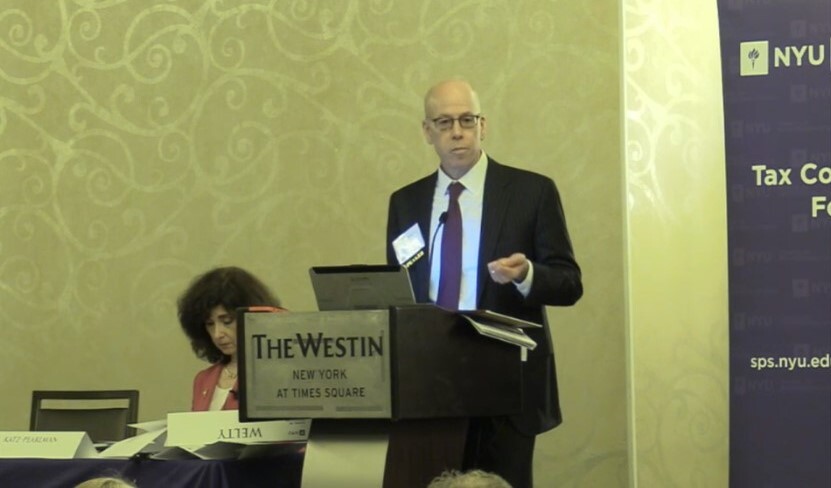Want unlimited access to top ideas and insights?
Tax scams and fraudulent claims are a year-round problem, so the Internal Revenue Service can't afford a summer break.
Indeed, the agency has been busy recently warning taxpayers about a "wave of summer scams" via email and text messages, while also guarding itself against fraudulent claims for refundable credits.
Read our roundup for more on these and other stories on fraud and tax scams.










